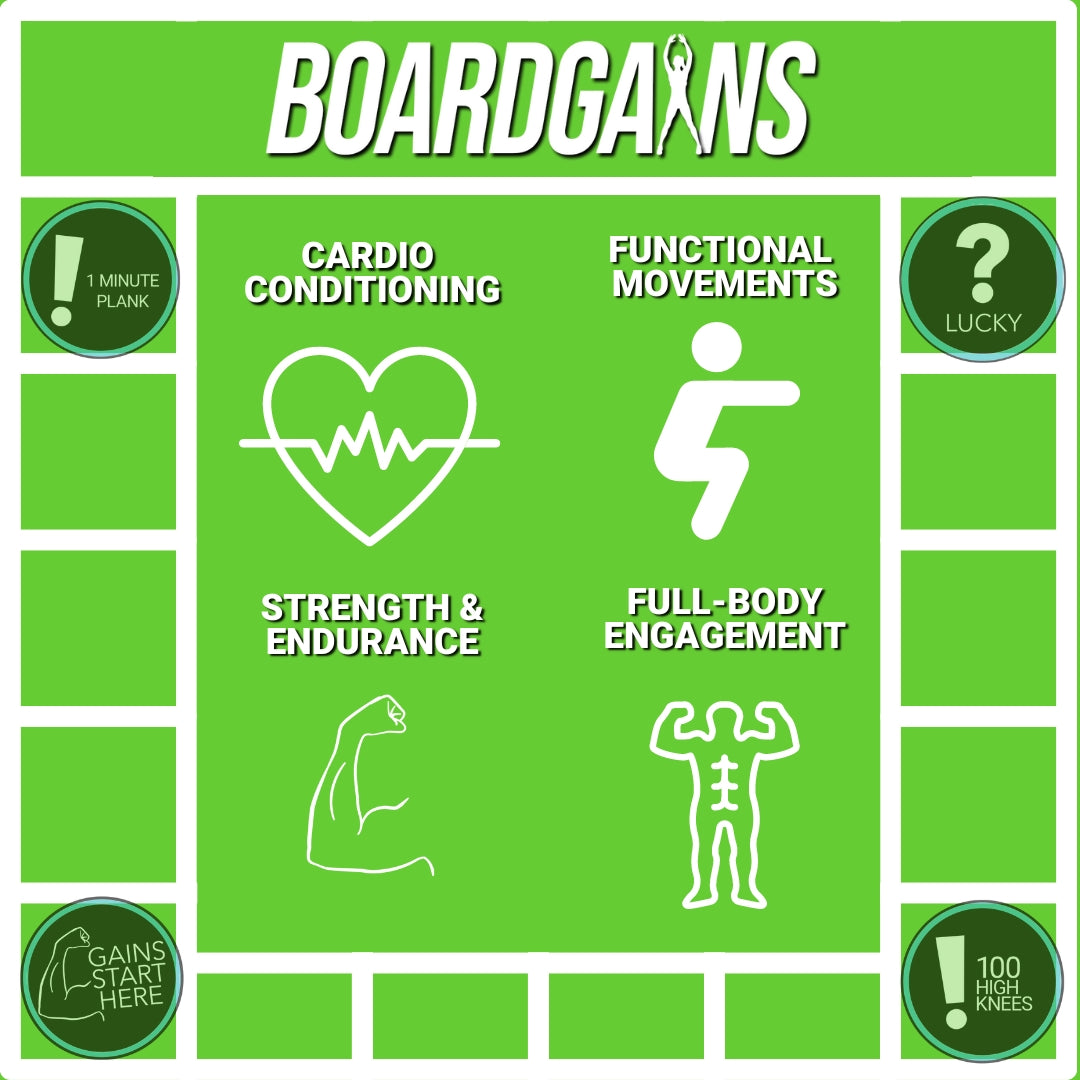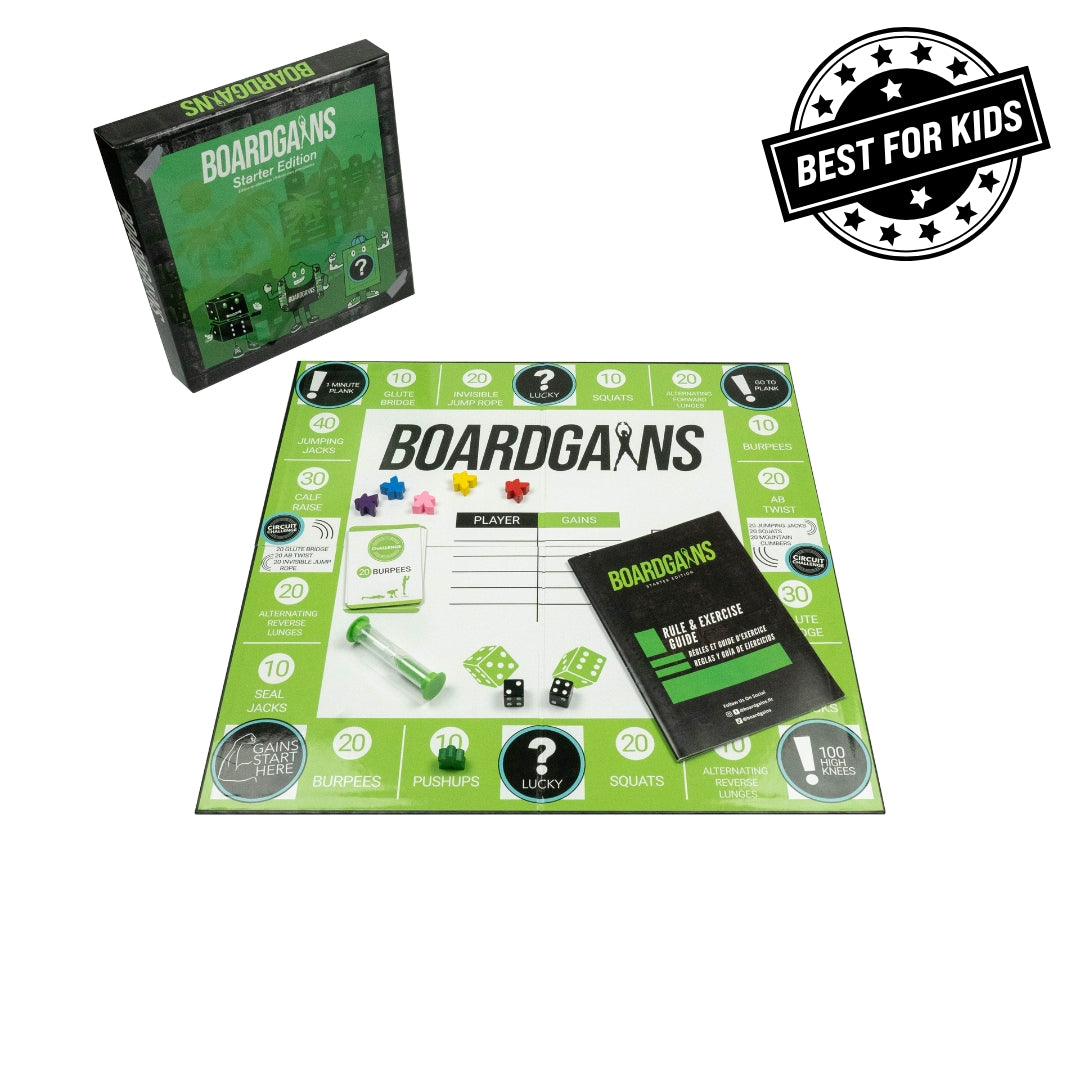How to Build Lasting Habits in 21 Days: The Science Behind Habit Formation
We’ve all heard the saying, "It takes 21 days to form a habit." Sounds easy, right? But is there any truth behind it? Or is it just another catchy line from the self-help world? Let’s dive into the science of habit formation, explore the famous 21-day rule, and find out what it really takes to build lasting habits.
So, What's This 21-Day Rule All About?
The idea that it takes 21 days to form a habit has been floating around for decades. It all began with Dr. Maxwell Maltz, a plastic surgeon, in the 1960s. He noticed that his patients typically needed about 21 days to adjust to their new faces or limbs. From there, the concept took off and became this almost universal truth about habit formation.
But here’s the catch: everyone’s different. Some folks may adopt a habit in just 21 days, while others could take much longer—66 days, in some cases! The key takeaway? Consistency is more important than the number of days. Still, the 21-day rule can be a helpful starting point.
The Psychology Behind Habit Formation
Habits are essentially behaviors that become automatic through repetition. The brain loves habits because they help conserve energy. Think of it as your mind going on autopilot—allowing you to perform a task without thinking much about it. But to get to this point of "autopilot," there’s a psychological process at work, involving:
- Cue: Something that triggers the habit.
- Routine: The behavior itself.
- Reward: The positive reinforcement you get from the habit.
If you consistently follow this loop, the habit becomes ingrained. But how can you leverage the psychology of habits and use the 21-day rule to make your new behavior stick?
How to Form a Habit in 21 Days (Or Close Enough!)
Alright, let’s say you want to start a new habit—maybe it’s waking up early, exercising daily, or cutting back on social media. How do you use these 21 days to your advantage?
1. Start Small (Seriously, Smaller Than You Think)
One of the biggest mistakes people make when starting a habit is going too big, too fast. The truth is, small, manageable actions are far more sustainable in the long run. Want to start exercising? Start with 5 minutes a day. Trying to meditate? Start with 1-2 minutes. The point is to make the habit so easy, you can’t say no.
2. Consistency Over Perfection
You’re bound to have days where you miss the mark, but the secret sauce is consistency, not perfection. Missing a day won’t break your habit—but missing multiple days might. Set reminders, tie your new habit to an existing routine, and stay committed even when it’s tough.
3. Track Your Progress
There’s something motivating about seeing your progress. Use a calendar, app, or even a simple notebook to keep track of the days you successfully stick to your new habit. You’ll notice it feels great to build that streak, and it encourages you to keep going.
4. Focus on the "Why"
What’s driving your desire to form this habit? Whether it’s improving your health, productivity, or mindset, having a clear reason behind your new habit can help you push through the days when motivation dips. Write it down and remind yourself regularly.
Breaking the Myth: Why It Could Take Longer Than 21 Days
Now, while 21 days sounds like a nice, neat timeframe, research shows that it can take anywhere from 18 to 254 days to form a habit. That’s a huge range! So, if you hit day 21 and aren’t feeling like your habit is set in stone, don’t get discouraged.
What factors affect how long it takes?
- Complexity of the Habit: Easy habits (like drinking water) can take less time, while more complex habits (like running every morning) may take longer.
- Consistency: How often are you practicing the habit? Daily habits will stick faster than weekly ones.
- Environment: If your surroundings encourage the behavior, it’s easier to maintain. On the flip side, if your environment works against you, habit formation can take longer.
The Power of a Habit-Forming Mindset
Okay, let’s get real for a second: forming a habit isn’t just about counting down days on a calendar. It’s about building the right mindset.
1. Embrace the Identity Shift
Instead of just focusing on the habit itself, think about the type of person you want to become. Want to exercise more? Start telling yourself, "I’m the kind of person who takes care of their body." When you shift your identity, the habit becomes more natural.
2. Reward Yourself
Don’t underestimate the power of rewards. Every time you successfully complete your habit, treat yourself—whether that’s a healthy snack, a fun activity, or even just a high-five to yourself. Positive reinforcement helps the habit stick.
3. Be Patient and Flexible
Sure, 21 days is a great starting point, but give yourself grace if it takes longer. Life happens. The important part is to get back on track if you slip up and adjust your strategy as needed.
FAQ About Building Habits in 21 Days
1. Can I form any habit in just 21 days?
It depends on the complexity of the habit and your consistency. Some habits might take longer, while simple ones can be formed within that timeframe.
2. What should I do if I miss a day?
Don’t stress about missing one day. Just pick up where you left off and keep going. It’s the consistency over time that matters.
3. Is there an ideal time of day to practice new habits?
The best time to start a habit is when you can stick to it consistently. Whether that’s morning or night, find a time that works best with your routine.
Final Thoughts on Building Lasting Habits
While the 21-day rule is a useful guideline, the truth is that habit formation is more about persistence than any specific timeframe. Focus on building small, consistent actions into your daily routine, reward yourself along the way, and stay patient. Whether it takes 21, 66, or 254 days, the goal is progress, not perfection.
So, are you ready to start your 21-day habit challenge?










Leave a comment
This site is protected by hCaptcha and the hCaptcha Privacy Policy and Terms of Service apply.